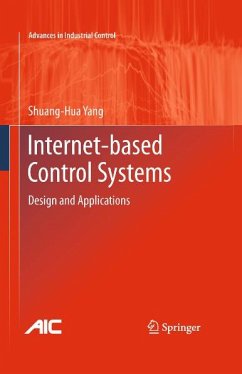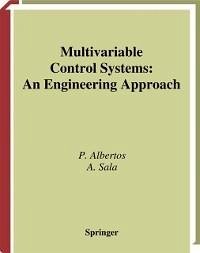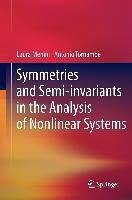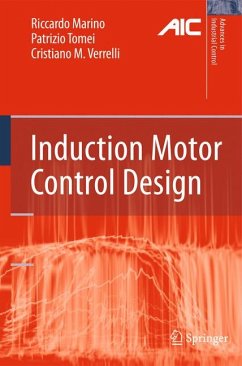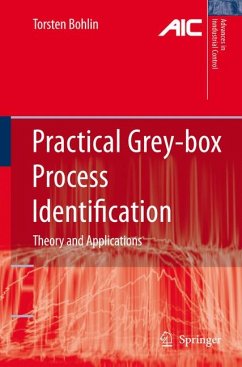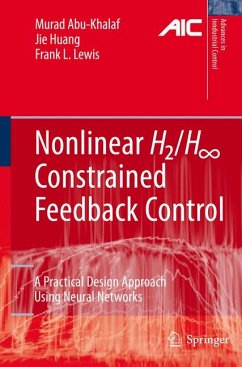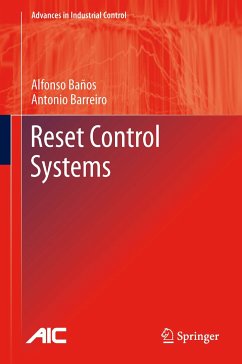
Reset Control Systems (eBook, PDF)
Versandkostenfrei!
Sofort per Download lieferbar
72,95 €
inkl. MwSt.
Weitere Ausgaben:

PAYBACK Punkte
36 °P sammeln!
Reset Control Systems addresses the analysis for reset control treating both its basic form, and some useful variations of the reset action and reset condition. The issues regarding reset control - concepts and motivation; analysis tools; and the application of design methodologies to real-world examples - are given thorough coverage.The text opens with a historical perspective which moves from the seminal work of the Clegg integrator and Horowitz FORE to more recent approaches based on impulsive/hybrid control systems and explains the motivation for reset compensation. Preliminary material is...
Reset Control Systems addresses the analysis for reset control treating both its basic form, and some useful variations of the reset action and reset condition. The issues regarding reset control - concepts and motivation; analysis tools; and the application of design methodologies to real-world examples - are given thorough coverage.
The text opens with a historical perspective which moves from the seminal work of the Clegg integrator and Horowitz FORE to more recent approaches based on impulsive/hybrid control systems and explains the motivation for reset compensation. Preliminary material is also included. The focus then turns to stability analysis for systems using techniques which account for various time- and frequency-domain criteria. The final section of the book is centered on control systems design and application. The PI+CI compensator is detailed as are a proposed frequency domain approach using quantitative feedback theory and ideas for design improvement. Design examples are given.
The text opens with a historical perspective which moves from the seminal work of the Clegg integrator and Horowitz FORE to more recent approaches based on impulsive/hybrid control systems and explains the motivation for reset compensation. Preliminary material is also included. The focus then turns to stability analysis for systems using techniques which account for various time- and frequency-domain criteria. The final section of the book is centered on control systems design and application. The PI+CI compensator is detailed as are a proposed frequency domain approach using quantitative feedback theory and ideas for design improvement. Design examples are given.
Dieser Download kann aus rechtlichen Gründen nur mit Rechnungsadresse in A, B, BG, CY, CZ, D, DK, EW, E, FIN, F, GR, HR, H, IRL, I, LT, L, LR, M, NL, PL, P, R, S, SLO, SK ausgeliefert werden.




